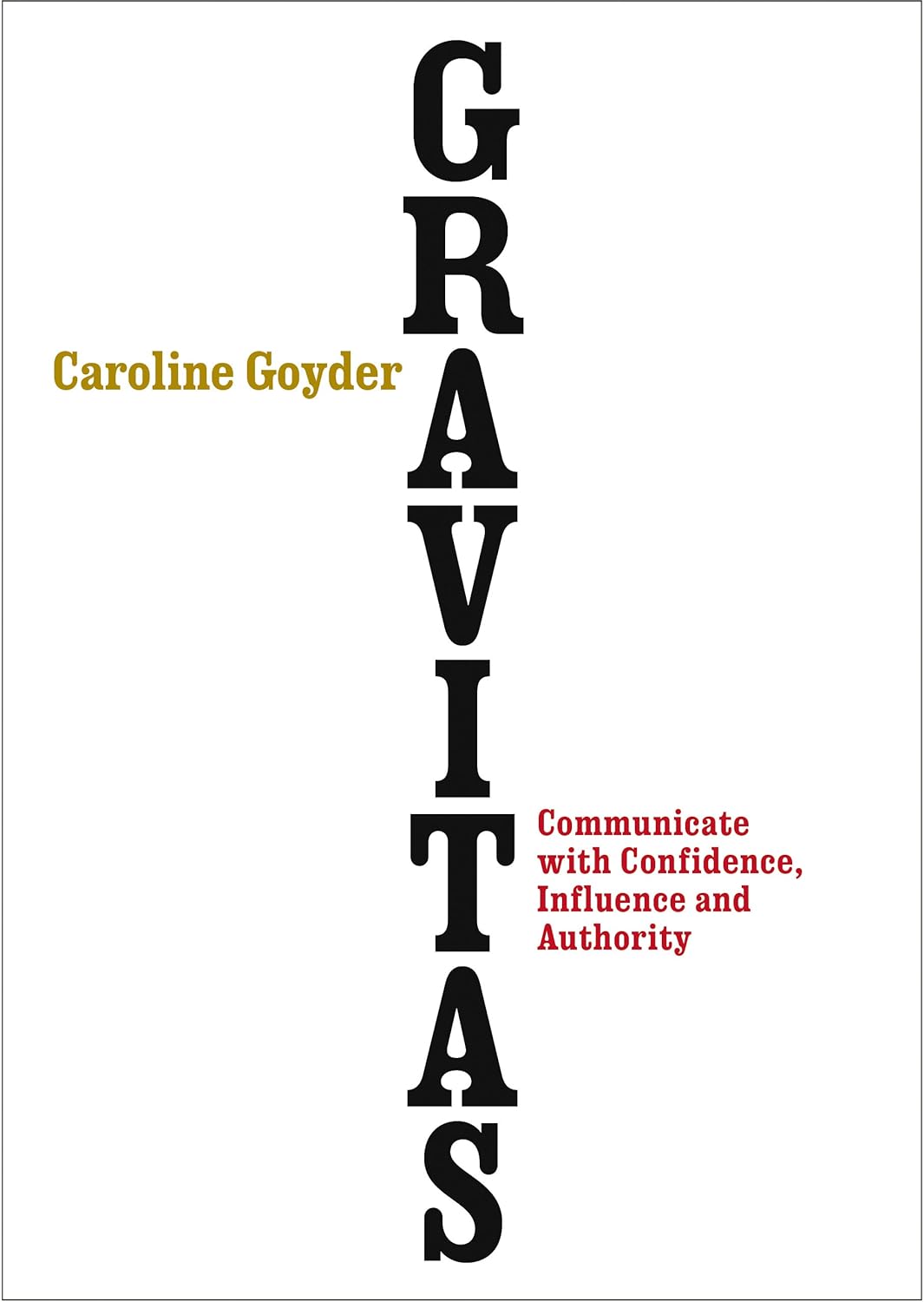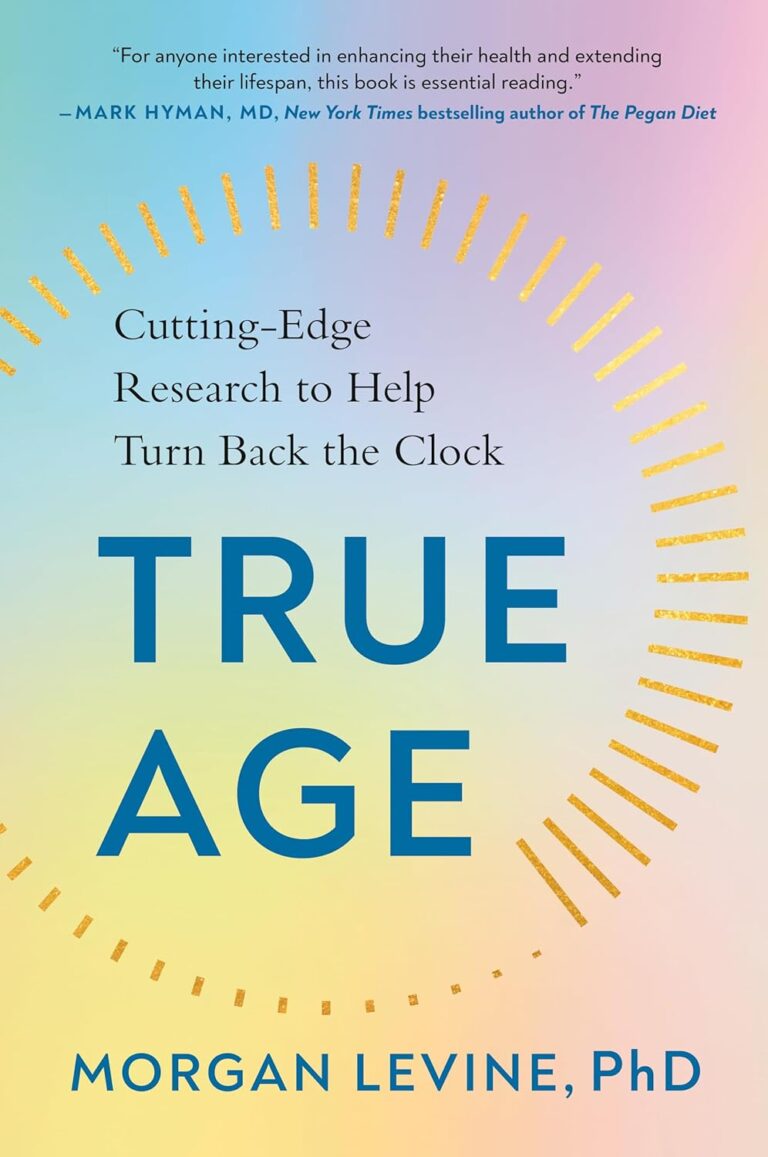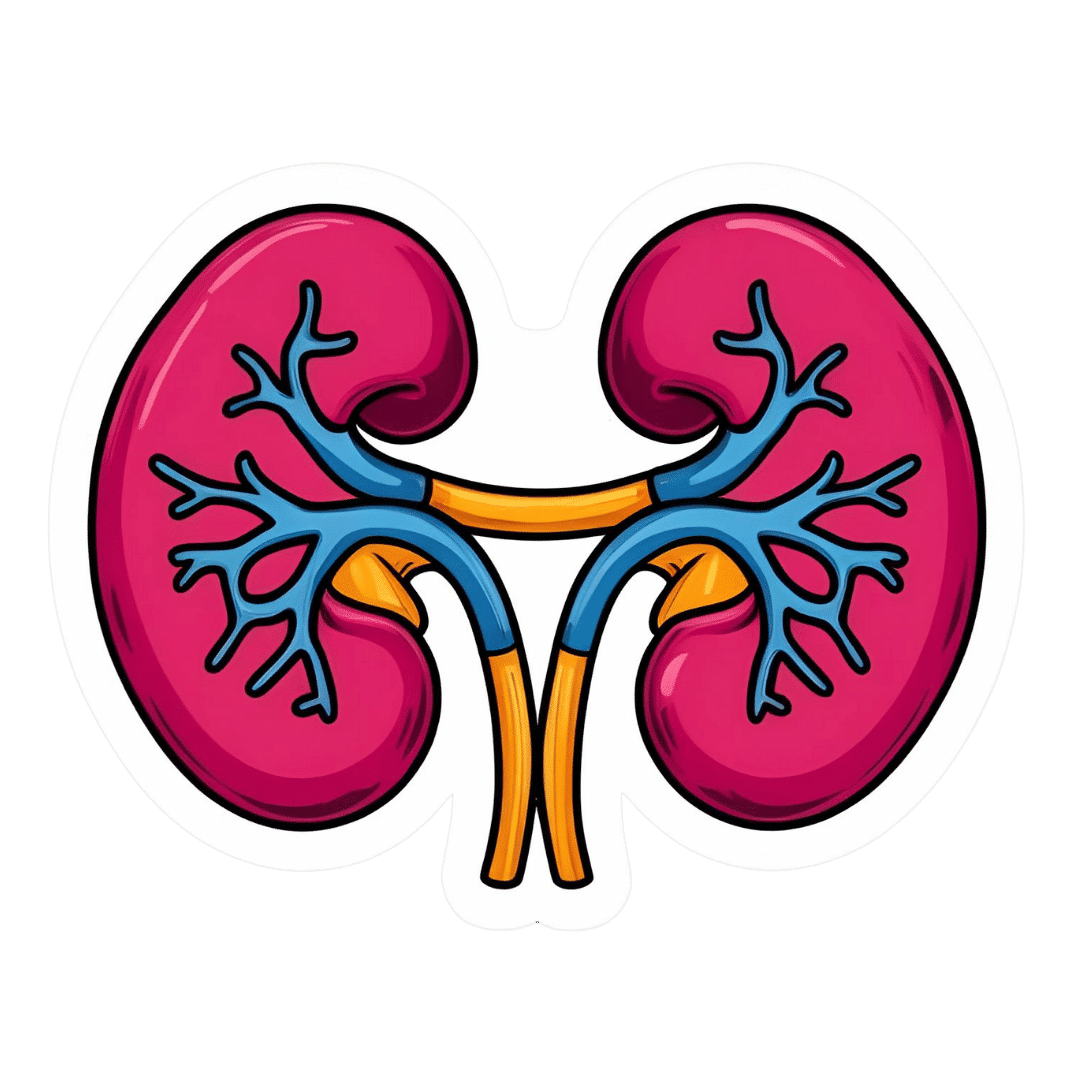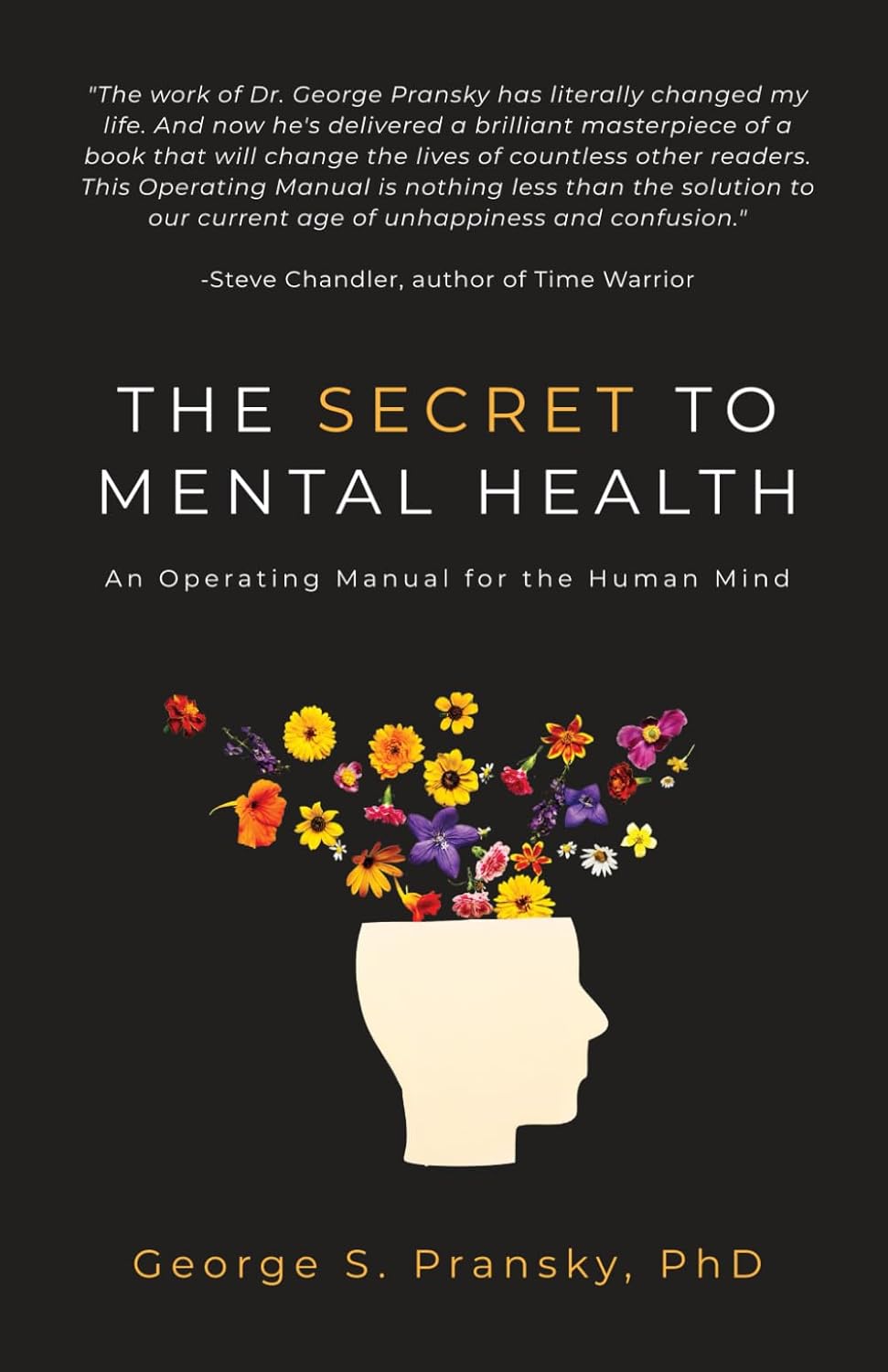
Gravitas – by Caroline Goyder
10almonds is reader-supported. We may, at no cost to you, receive a portion of sales if you purchase a product through a link in this article.
A no-nonsense guide to (more than!) public speaking that isn’t just “tell jokes in your speech and imagine the audience naked”.
Because this isn’t just about speech-writing or speech delivery, so much as giving you important life skills. The kind that weren’t taught in school, but that nevertheless make a huge impact on success… whether you’re giving a presentation or hosting a party or negotiating a deal or just attending a social event. Or making a phonecall, even.
Whereas a lot of books of this kind treat “the audience” as a nebulous and purely responsive passive crowd of extras, Goyder does better. People are individuals, even if they’re all facing the same way for a moment. She works with that! She also teaches how to deal with not just hecklers, but also simply those people who sap your confidence and find fault with you and anything you do or say.b
Bottom line is: if you for whatever reason communicate with people, and would like them to think better of you, this is the book for you.
Don’t Forget…
Did you arrive here from our newsletter? Don’t forget to return to the email to continue learning!
Recommended
Learn to Age Gracefully
Join the 98k+ American women taking control of their health & aging with our 100% free (and fun!) daily emails:
-
How to Stay Sane – by Philippa Perry
10almonds is reader-supported. We may, at no cost to you, receive a portion of sales if you purchase a product through a link in this article.
First, what this book is not: a guide of “how to stay sane” in the popular use of the word “sane”, meaning free from serious mental illness of all and any kinds in general, and especially free from psychotic delusions. Alas, this book will not help with those.
What, then, is it? A guide of “how to stay sane” in the more casual sense of resiliently and adaptively managing stress, anxiety, and suchlike. The “light end” of mental health struggles, that nonetheless may not always feel light when dealing with them.
The author, a psychotherapist, draws from her professional experience and training to lay out psychological tools for our use, as well as giving the reader a broader understanding of the most common ills that may ail us.
The writing style is relaxed and personable; it’s not at all like reading a textbook.
The psychotherapeutic style is not tied to one model, and rather hops from one to another, per what is most likely to help for a given thing. This is, in this reviewer’s opinion at least, far better than the (all-too common) attempt made by a lot of writers to try to present their personal favorite model as the cure for all ills, instead of embracing the whole toolbox as this one does.
Bottom line: if your mental health is anywhere between “mostly good” and “a little frayed around the edges but hanging on by at least a few threads”, then this book likely can help you gain/maintain the surer foundation you’re surely seeking.
Share This Post
-
Are your Kidneys Ok? Detect Early To Protect Kidney Health (Here’s How)
10almonds is reader-supported. We may, at no cost to you, receive a portion of sales if you purchase a product through a link in this article.
Tomorrow (at time of publication) will be World Kidney Day (WKD). Perhaps not the most well-known initiative, but it celebrates its 21st year this year!
For those of us who celebrated our own 21st year quite some time ago now, it’s as good a reason as any to check in on our kidney health.
Here are some things they’d like us to know about Chronic Kidney Disease (CKD):
❝CKD is a silent disease, people with CKD have no signs or symptoms until the late stage of the disease.
CKD usually does not go away, instead, it progresses, unless early treatment to slow or halt the disease is ensured.
CKD can progress to kidney failure – a condition when kidneys cannot maintain their function anymore, posing a life-threatening risk.
CKD ranks number 7 in the top ten causes of death among noncommunicable diseases worldwide.
CKD increases the risk of premature death from associated cardiovascular disease.
CKD is more common among certain ethnic groups due in part to high rates of diabetes and high blood pressure.
CKD is more common among women, here is why.❞Source: World Kidney Day: Your Amazing Kidneys
How can we check our kidney health?
There are clinical tests that can be done (they’ll just need a urine sample from you; ask your doctor about it), but there’s some screening that can be done at home already:
Are Your Kidneys Healthy? Take This One-Minute Quiz To Find out
👆 this is about medical indicators; there are also non-medical factors that affect risk, including:
- Where someone lives
- Where they work
- The foods they eat
- How much exercise they do
- If they are able to get the medical care they need
For more information on this, see: Keeping Your Kidneys Healthy (Especially After 60) ← there’s a lot more to it than just hydration!
What can we do for our kidney health, besides the obvious “hydrate”?
Some top things to do include:
Hydrate, yes. See also: Things Many People Forget When It Comes To Hydration
Don’t smoke. It’s bad for everything, including your kidneys. So, just don’t. See also: Addiction Myths That Are Hard To Quit
Look after your blood. Not just “try to keep it inside your body”, but also:
- Keep your blood sugar levels healthy (hyperglycemia can cause kidney damage)
- Keep your blood pressure healthy (hypertension can cause kidney damage)
Basically, your kidneys’ primary job of filtering blood will go much more smoothly if that blood is less problematic on the way in.
Watch your over-the-counter pill intake. A lot of PRN OTC NSAIDs (PRN = pro re nata, i.e. you take them as and when symptoms arise) (NSAIDs = Non-Steroidal Anti-Inflammatory Drugs, such as ibuprofen for example) can cause kidney damage if taken regularly.
Keep an eye on your urine. Hydration is only one side of the story, and our urine can say quite a bit about our health. Indeed, we have written about this before:
12 Things Your Urine Says About Your Health (Test At Home) ← no special equipment required!
On which note, see also: To Pee Or Not To Pee ← spoiler: there’s a flood of reasons to not hold your pee
Want to know more?
Check out the WKD website’s…
8 Golden Rules Of Kidney Disease Prevention
Take care!
Share This Post
-
The Secret to Mental Health – by George Pransky
10almonds is reader-supported. We may, at no cost to you, receive a portion of sales if you purchase a product through a link in this article.
This book (and its author) have a sizeable popular following, so it definitely can be said that it has been well-received by many people. The premise in this book is that there is fundamentally nothing wrong with anybody’s brain, and rather everything can be broken down into:
- Mind (the energy and intelligence that animates all life)
- Consciousness (the capacity to be aware of one’s life and experiences)
- Thought (the ability to think, allowing individuals to create their personal experience of reality)
The author explains, over the course of 145 pages, that where anyone with any perceived mental health issue is going wrong is by either lacking self-awareness (Consciousness) or erring by creating an undesirable personal experience of reality (Thought).
In terms of the science of this, frequent references are made to “there is evidence that shows”, “new discoveries about mental health suggest…”, etc, but this claimed evidence is never actually presented, just alluded to. Where many books would have a bibliography, this one has simply a collection of what the author has titled “interesting case studies, conversations, papers, and discussions” (there are no actual case studies or papers; it is just a collection of anecdotes).
The style is… Honestly, in this reviewer’s opinion, barely readable. But, apparently lots of people love it, so your mileage may vary.
We don’t usually delve too far into claimed credentials, but because of the interesting writing style and the bold claims without evidence, we were curious as to where this PhD came from, and apparently it came from a now-shut-down diploma mill that was described by the court as “a complete scam”.
Bottom line: we can’t recommend this one, but we read it so that you don’t have to, and we hope that publishing this review will help reassure you that when we do recommend a book, we mean it!
Share This Post
Related Posts
-
As The Summer Gets Hotter Still…
10almonds is reader-supported. We may, at no cost to you, receive a portion of sales if you purchase a product through a link in this article.
It’s Q&A Day at 10almonds!
Have a question or a request? We love to hear from you!
In cases where we’ve already covered something, we might link to what we wrote before, but will always be happy to revisit any of our topics again in the future too—there’s always more to say!
As ever: if the question/request can be answered briefly, we’ll do it here in our Q&A Thursday edition. If not, we’ll make a main feature of it shortly afterwards!
So, no question/request too big or small
❝I would love to see an article about heat dehydrated illness….so much of the US is under hot conditions. I had an fainting sweating episode and now trying to recoup from it. What should we do? Drink water,rest…???❞
We have done some of this, but it’s always a good one to revisit! Last summer (N. Hemisphere summer), we wrote this:
Stay Safe From Heat Exhaustion & Heatstroke!
…and this year, it’s getting hotter still (and is already the hottest summer on record), with certainly much of the US seriously affected, as you say. Next year, it will probably be worse again; climate change is getting predictable like that, and likely will continue until fixed. We are but a health science publication, so we can’t fix the world’s climate, but we can reiterate the above advice, and urge everyone to take it seriously.
Note: heat exhaustion and heatstroke kill. Yes, we’re including heat exhaustion in that, because by the time you get heat exhaustion, you’re often not in the best state of mind to take the correct steps to avoid the heatstroke that follows.
To think otherwise would be akin to thinking “falling never killed anyone; it’s only when you stop falling that it’s dangerous”.
This summer, we did also write this more niche article:
…whose advice won’t apply to everyone, but will be helpful to some, and honestly, some of that advice does go for everyone.
One thing we didn’t write about in those articles that we’ll add here:
Humidity is dangerous:
- Dry heat: you sweat, the sweat evaporates, cooling you. As well as losing heat, you’ve also now lost water and salts, which you’ll need to replenish, but your body is operating correctly.
- Humid heat: you sweat, and now you are just sweaty until further notice. It doesn’t evaporate because the surrounding humidity doesn’t provide the physics for that. Not only are you not losing heat through evaporating sweat, but also, if you’re wearing clothes, that’s now an insulating layer you’re wearing.
…so that means, watch the humidity as carefully as you watch the temperature, and when it’s high, get extra serious about finding ways to keep yourself cool (e.g. shade, rest, cooling showers etc if you can, that kind of thing).
Take care!
Don’t Forget…
Did you arrive here from our newsletter? Don’t forget to return to the email to continue learning!
Learn to Age Gracefully
Join the 98k+ American women taking control of their health & aging with our 100% free (and fun!) daily emails:
-
The Best Kind Of Fiber For Overall Health?
10almonds is reader-supported. We may, at no cost to you, receive a portion of sales if you purchase a product through a link in this article.
The Fiber Of Good Health
We’ve written before about how most people in industrialized nations in general, and N. America in particular, do not get nearly enough fiber:
Why You’re Probably Not Getting Enough Fiber (And How To Fix It)
Fiber’s important for many aspects of health, not least of all the heart:
What Matters Most For Your Heart? Eat More (Of This) For Lower Blood Pressure
As well, of course, as being critical for gut health:
Gut Health 101: Making Friends With Your Gut (You Can Thank Us Later)
But is all fiber “prebiotic fiber”, and/or are some better than others?
Beta-glucan
A recent study (it’s a mouse study, but promising in its applicability for humans) examined the health impacts of 5 different fiber types:
- pectin
- β-glucan
- wheat dextrin
- resistant starch
- cellulose (control)
As for health metrics, they measured:
- body weight
- adiposity
- indirect calorimetry
- glucose tolerance
- gut microbiota
- metabolites thereof
What they found was…
❝Only β-glucan supplementation during HFD-feeding decreased adiposity and body weight gain and improved glucose tolerance compared with HFD-cellulose, whereas all other fibers had no effect. This was associated with increased energy expenditure and locomotor activity in mice compared with HFD-cellulose.
All fibers supplemented into an HFD uniquely shifted the intestinal microbiota and cecal short-chain fatty acids; however, only β-glucan supplementation increased cecal butyrate concentrations. Lastly, all fibers altered the small-intestinal microbiota and portal bile acid composition. ❞
If you’d like to read more, the study itself is here:
If you’d like to read less, the short version is that they are all good but β-glucan scored best in several metrics.
It also acts indirectly as a GLP-1 agonist, by the way:
The right fiber may help you lose weight
You may be wondering: what is β-glucan found in?
It’s found in many (non-animal product) foods, but oats, barley, mushrooms, and yeasts are all good sources.
Is it available as a supplement?
More or less; there are supplements that contain it generously, here’s an example product on Amazon, a cordyceps extract, of which >30% is β-glucan.
As an aside, cordyceps itself has many other healthful properties too:
Cordyceps: Friend Or Foe? ← the answer is, it depends! If you’re human, it’s a friend.
Enjoy!
Don’t Forget…
Did you arrive here from our newsletter? Don’t forget to return to the email to continue learning!
Learn to Age Gracefully
Join the 98k+ American women taking control of their health & aging with our 100% free (and fun!) daily emails:
-
When Age Is A Flexible Number
10almonds is reader-supported. We may, at no cost to you, receive a portion of sales if you purchase a product through a link in this article.
Aging, Counterclockwise!
In the late 1970s, Dr. Ellen Langer hypothesized that physical markers of aging could be affected by psychosomatic means.
Note: psychosomatic does not mean “it’s all in your head”.
Psychosomatic means “your body does what your brain tells it to do, for better or for worse”
She set about testing that, in what has been referred to since as…
The Counterclockwise Study
A small (n=16) sample of men in their late 70s and early 80s were recruited in what they were told was a study about reminiscing.
Back in the 1970s, it was still standard practice in the field of psychology to outright lie to participants (who in those days were called “subjects”), so this slight obfuscation was a much smaller ethical aberration than in some famous studies of the same era and earlier (cough cough Zimbardo cough Milgram cough).
Anyway, the participants were treated to a week in a 1950s-themed retreat, specifically 1959, a date twenty years prior to the experiment’s date in 1979. The environment was decorated and furnished authentically to the date, down to the food and the available magazines and TV/radio shows; period-typical clothing was also provided, and so forth.
- The control group were told to spend the time reminiscing about 1959
- The experimental group were told to pretend (and maintain the pretense, for the duration) that it really was 1959
The results? On many measures of aging, the experimental group participants became quantifiably younger:
❝The experimental group showed greater improvement in joint flexibility, finger length (their arthritis diminished and they were able to straighten their fingers more), and manual dexterity.
On intelligence tests, 63 percent of the experimental group improved their scores, compared with only 44 percent of the control group. There were also improvements in height, weight, gait, and posture.
Finally, we asked people unaware of the study’s purpose to compare photos taken of the participants at the end of the week with those submitted at the beginning of the study. These objective observers judged that all of the experimental participants looked noticeably younger at the end of the study.❞
Remember, this was after one week.
Her famous study was completed in 1979, and/but not published until eleven years later in 1990, with the innocuous title:
Higher stages of human development: Perspectives on adult growth
You can read about it much more accessibly, and in much more detail, in her book:
Counterclockwise: A Proven Way to Think Yourself Younger and Healthier – by Dr. Ellen Langer
We haven’t reviewed that particular book yet, so here’s Linda Graham’s review, that noted:
❝Langer cites other research that has made similar findings.
In one study, for instance, 650 people were surveyed about their attitudes on aging. Twenty years later, those with a positive attitude with regard to aging had lived seven years longer on average than those with a negative attitude to aging.
(By comparison, researchers estimate that we extend our lives by four years if we lower our blood pressure and reduce our cholesterol.)
In another study, participants read a list of negative words about aging; within 15 minutes, they were walking more slowly than they had before.❞
Read the review in full:
Aging in Reverse: A Review of Counterclockwise
The Counterclockwise study has been repeated since, and/but we are still waiting for the latest (exciting, much larger sample, 90 participants this time) study to be published. The research proposal describes the method in great detail, and you can read that with one click over on PubMed:
It was approved, and has now been completed (as of 2020), but the results have not been published yet; you can see the timeline of how that’s progressing over on ClinicalTrials.gov:
Clinical Trials | Ageing as a Mindset: A Counterclockwise Experiment to Rejuvenate Older Adults
Hopefully it’ll take less time than the eleven years it took for the original study, but in the meantime, there seems to be nothing to lose in doing a little “Citizen Science” for ourselves.
Maybe a week in a 20 years-ago themed resort (writer’s note: wow, that would only be 2004; that doesn’t feel right; it should surely be at least the 90s!) isn’t a viable option for you, but we’re willing to bet it’s possible to “microdose” on this method. Given that the original study lasted only a week, even just a themed date-night on a regular recurring basis seems like a great option to explore (if you’re not partnered then well, indulge yourself how best you see fit, in accord with the same premise; a date-night can be with yourself too!).
Just remember the most important take-away though:
Don’t accidentally put yourself in your own control group!
In other words, it’s critically important that for the duration of the exercise, you act and even think as though it is the appropriate date.
If you instead spend your time thinking “wow, I miss the [decade that does it for you]”, you will dodge the benefits, and potentially even make yourself feel (and thus, potentially, if the inverse hypothesis holds true, become) older.
This latter is not just our hypothesis by the way, there is an established potential for nocebo effect.
For example, the following study looked at how instructions given in clinical tests can be worded in a way that make people feel differently about their age, and impact the results of the mental and/or physical tests then administered:
❝Our results seem to suggest how manipulations by instructions appeared to be more largely used and capable of producing more clear performance variations on cognitive, memory, and physical tasks.
Age-related stereotypes showed potentially stronger effects when they are negative, implicit, and temporally closer to the test of performance. ❞
(and yes, that’s the same Dr. Francesco Pagnini whose name you saw atop the other study we cited above, with the 90 participants recreating the Counterclockwise study)
Want to know more about [the hard science of] psychosomatic health?
Check out Dr. Langer’s other book, which we reviewed recently:
The Mindful Body: Thinking Our Way to Chronic Health – by Dr. Ellen Langer
Enjoy!
Don’t Forget…
Did you arrive here from our newsletter? Don’t forget to return to the email to continue learning!
Learn to Age Gracefully
Join the 98k+ American women taking control of their health & aging with our 100% free (and fun!) daily emails:







